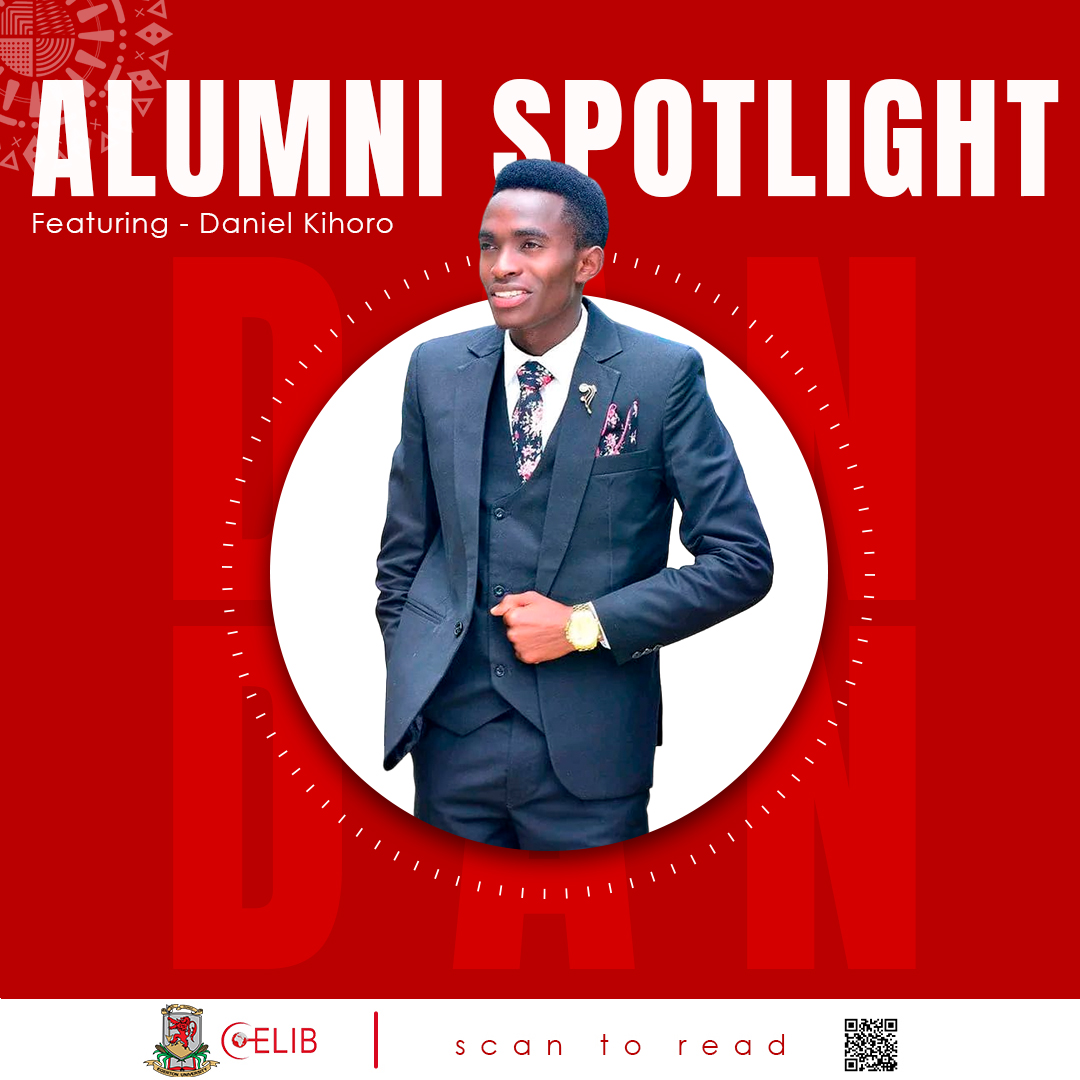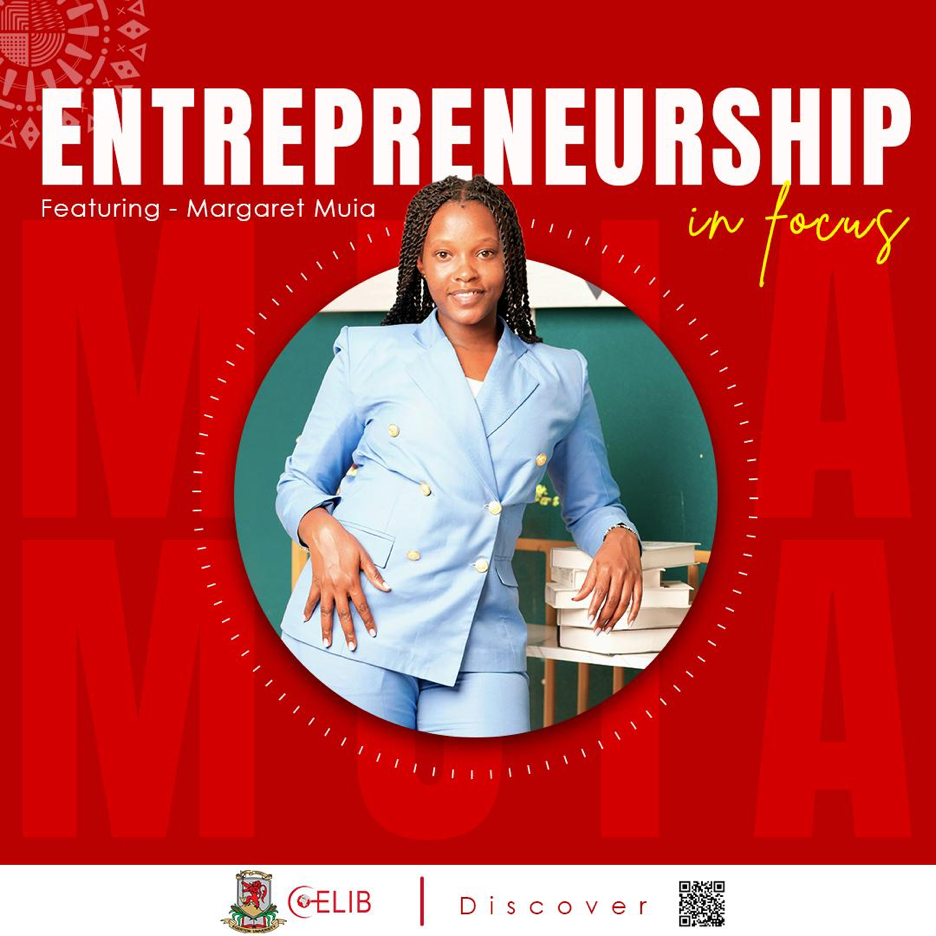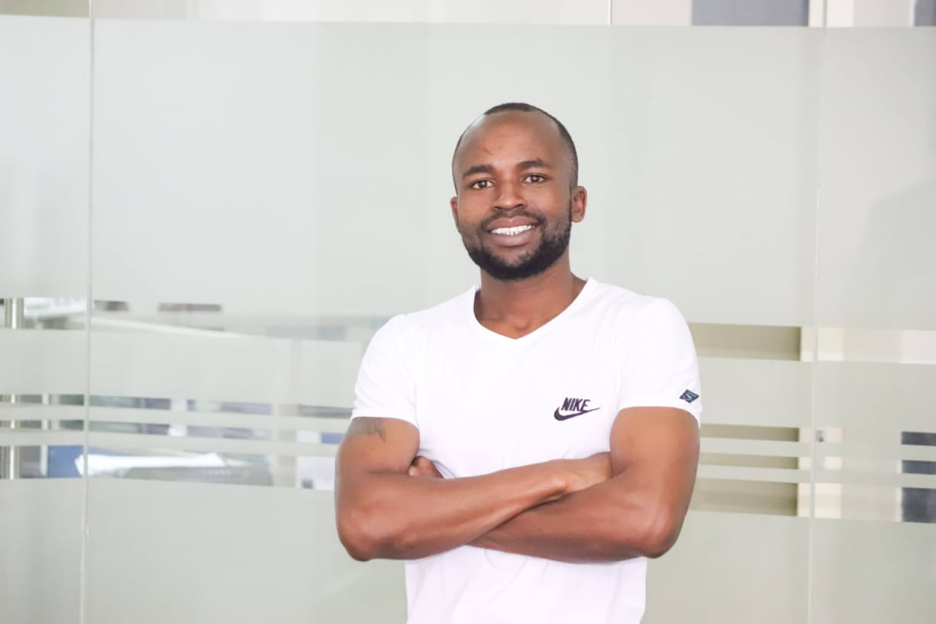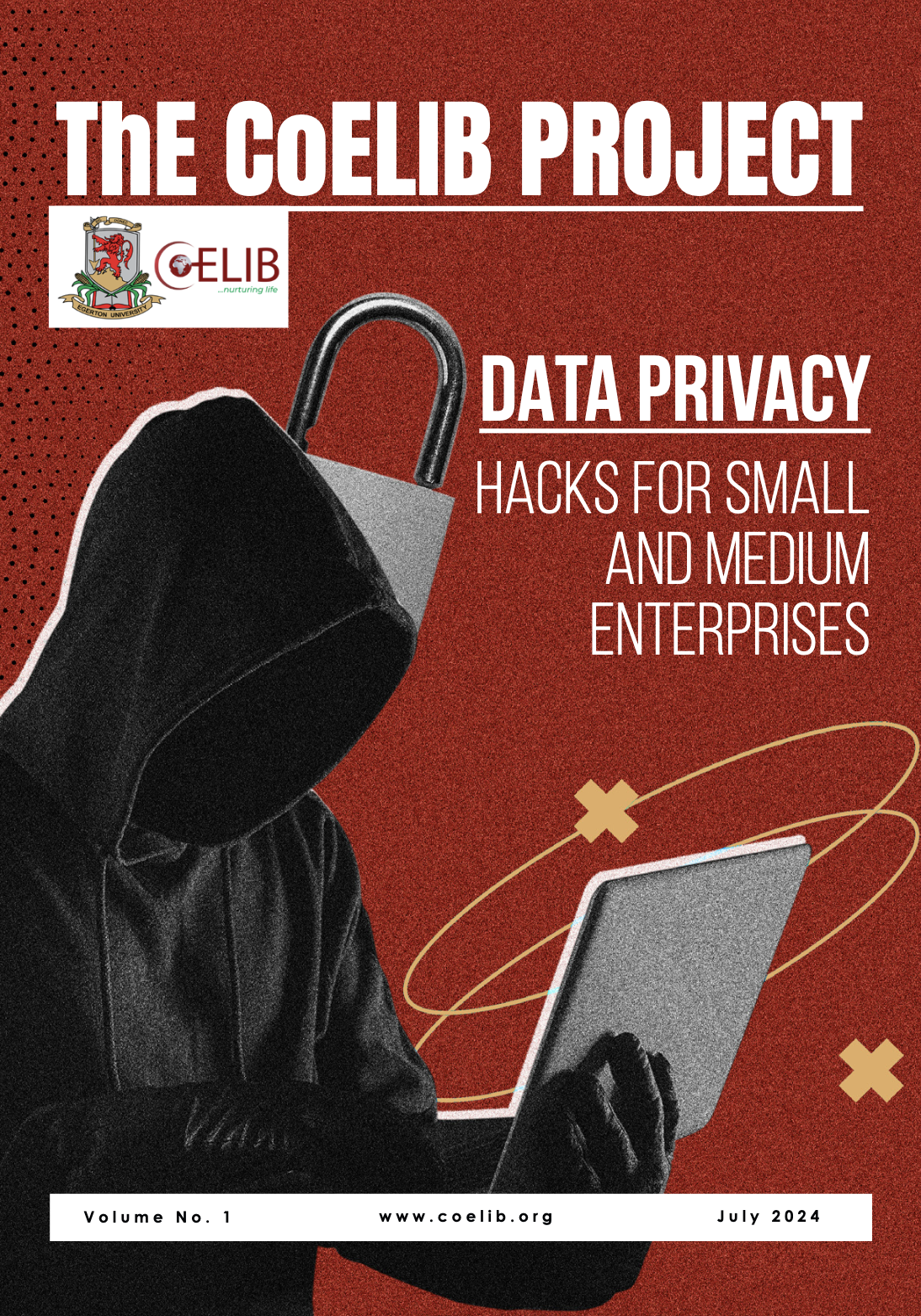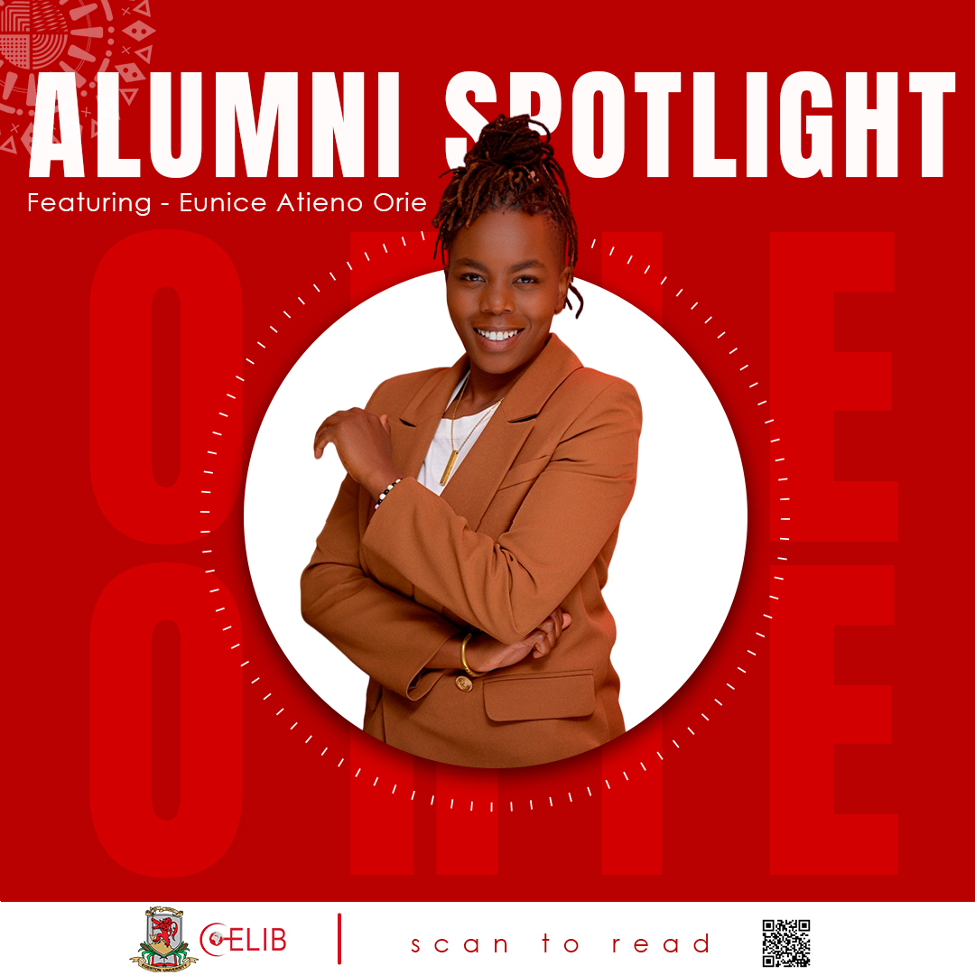
CoELIB Empower Workforce Development Program aims to create, sustain, and retain a solid workforce to enhance job performance. The program offers the youth various services, such as internships and industrial attachments, which provide practical experience and bridge the gap between education and employment. Today, we catch up with Miss Eunice Orie, an Egerton University alumna podcaster and beneficiary of the program.
Please introduce yourself, state the program you were enrolled in, and the duration of your internship at CoELIB.
My name is Atieno Orie. I studied Communication and Media at Egerton University. My journey in this field began with a 3-month attachment, seamlessly transitioning into a 7-month internship. The sense of belonging and my passion for media led me to extend my internship, embracing the challenges and opportunities it presented. This experience not only deepened my skills but also solidified my commitment to a career in communication and media.
What were the key takeaways from the Internship in Media and Communications, particularly media production?
During my internship at CoELIB, I gained skills in media and communication, including videography, script writing, and radio hosting. Mr. Victor and Ms. Gichia provided guidance and support, helping me improve my technical and creative skills and fueling my passion for storytelling and content production.
Can you provide an example of how the internship/attachment directly influenced a project you worked on in graphics, radio hosting, post-production, or editing?
How effectively did the program prepare you for your career goals or further academic pursuits in media and communications?
The program significantly contributed to my career and academic goals in media and communications, offering practical experience in videography, radio hosting, and editing. It ignited a passion for film and documentary production and highlighting underrepresented voices. This led to my podcast, Safari Podcast, which showcases African changemakers. The experience also reinforced my commitment to supporting underprivileged communities through media. It motivated me to pursue a master's degree in the UK to further my skills and impact the global media landscape.
Reflecting on your expectations before starting the Internship/Attachment, how did the experience align with those expectations and influence your plans?
Reflecting on my pre-internship expectations at CoELIB, I aspired to gain practical experience in media and communications, focusing on radio production and editing. I looked forward to exploring the technical and creative sides of the field and acquiring skills beneficial for my career.
The internship surpassed my expectations, offering involvement in various media projects, such as radio shows and event videography. The inclusive and empowering environment at CoELIB allowed me to apply theoretical knowledge to real-world situations, deepening my understanding of the media landscape.
Can you detail a project you engaged in during your internship/attachment, and are there ongoing involvements?
Absolutely! I co-hosted the CoELIB Drive show, where I coordinated the production of radio segments like "Take Five," which featured interviews with young people. My role involved sourcing and inviting participants, as well as preparing and conducting interviews that connected with our audience.
I’ve applied these insights to my current projects, including my podcast, which highlights the untold stories of African changemakers and focuses on supporting underprivileged communities.
What challenges did you face during your internship, and how can the program be improved for future participants?
During my internship, I encountered a few challenges that, if addressed, could significantly enhance the program for future participants.The program could primarily benefit from improved mentorship and feedback mechanisms. Regular mentoring sessions and constructive feedback are essential for skill development and integration into the team. These sessions would help interns feel more valued and provide clear guidance on improving and where to focus our efforts. Overall, it was a great experience.
Any last words?
I am immensely grateful to the CoELIB Project and would like to encourage media students and professionals to strive for more innovative storytelling methods.


